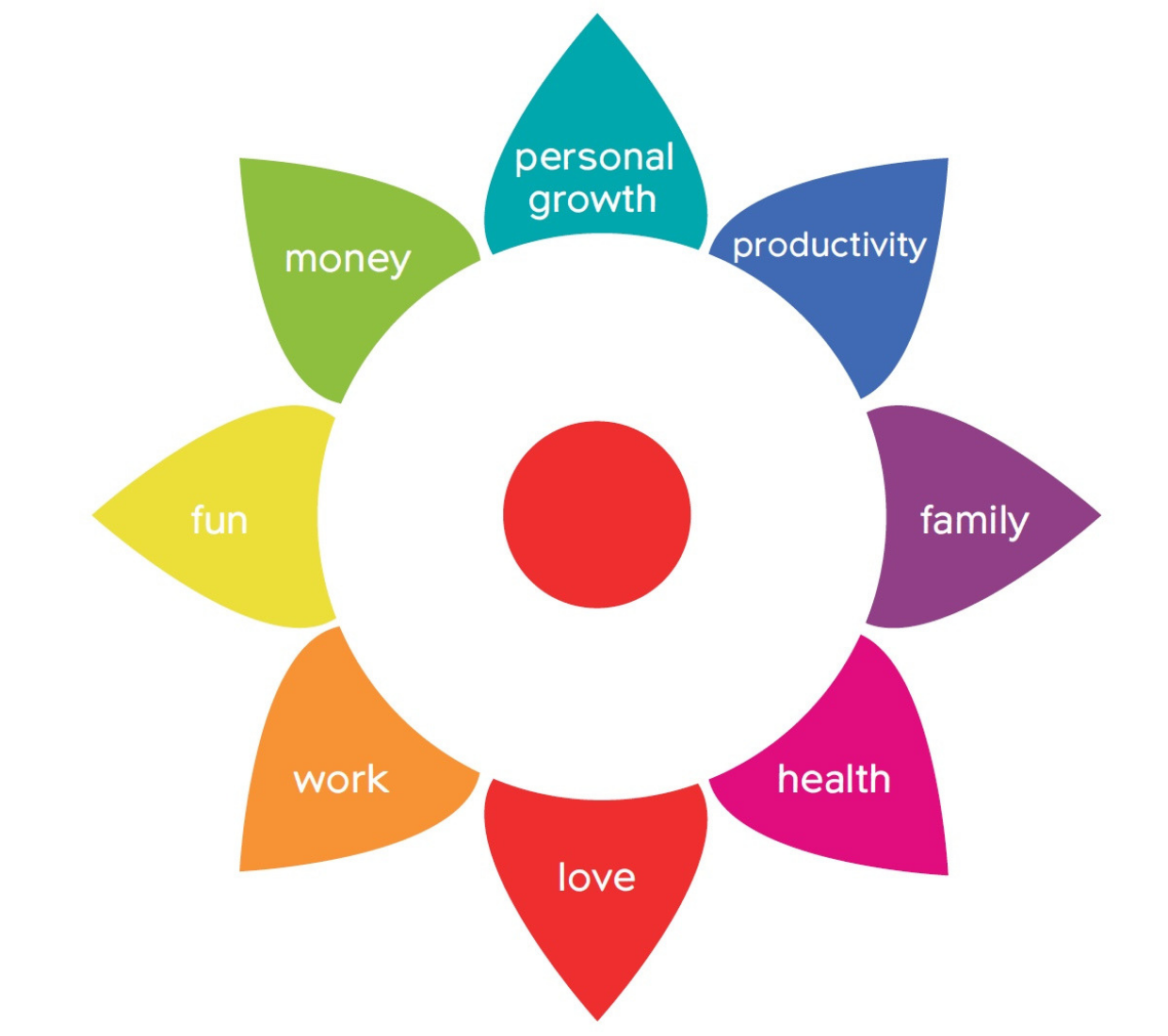
Become The Master of Your Circus (And Tame Those Wild Animals)
Sick of the sound of your own nagging voice? Feel like a broken record on repeat? Do your kids only listen once you’ve reached screaming point?
What’s a stressed out mother supposed to do?
I used to drive myself crazy trying to get my kids to behave like human beings instead of wild animals.
Now I’m the master of my circus. I’ve found a long term solution that really does work.
Clear, written expectations. (A nicer way of putting rules….)
If you only kind-of know what you want to happen and your kids only kind-of know what they ought to be doing, it’s a recipe for chaos.
Get clear about your expectations, set limits and convey this to your kids in a calm, positive way. (Instead of getting frustrated and upset with them for not reading your mind!)
Limits actually give them a sense of security. And kids raised in a safe, secure and predictable environment are known to have higher self-esteem, resist peer pressure and make better judgements.
If you want your children to behave well at home and school, with friends and with relatives, and to stay out of trouble, you need set boundaries.
Whenever I notice that my kids need constant reminding about something, I know I need to create a written rule around it. Once it’s established and enforced consistently, it becomes a habit. I haven’t had to remind my boys to hang a wet towel in years. I made a rule around it when they were constantly leaving them on the floor and over time it became a good habit to hang them up.
This is what it’s about. Creating good habits. If you view it this way, you’ll be more compassionate when they slip up. (Think of how you feel when you fall back into old habits). Compassion does not equal complacent, it just means you’ll gently remind them and follow through until they get it right.
Although it can be tough being the enforcer, it shows you care about your kids. When groups of young adults were interviewed about their childhoods, many expressed that they wish their parents had made more limits and been stricter. They perceived that their peers, who’d grown up with clear rules, had parents who cared more. They also felt they would have done better if there had been more routines and discipline. (Wow, huh?)
Parents who are consistent have an easier time than parents who aren’t specific or are too flexible. Saying ‘no’ isn’t easy for some parents. It can seem easier to cave in and avoid the immediate reaction. But realise that if you don’t deal with poor behavior now, you’re setting yourself up for bigger trouble later. It’s going to be easier to get them to listen to you when they are hormonal teenagers if you’ve established good habits when they’re younger.
It’s never too late to start! Here’s how to make rules for kids.
1. Identify the Hot Spots.
Over the next two days, just observe. Where do the biggest or most frequent problems occur? Write these down and think about which rules would help. Common areas include: mealtimes, bedtime, homework, technology, tidying up, siblings, hygiene, dressing.
2. Create written expectations.
For younger children draw stick figures, print a photo off the internet or take a photo of your child actually doing the right thing. For older children, write them in a positive way. Instead of ‘No fighting in the bath’ you reverse it to say ‘Play nicely in the bath’. Start with just a few rules. You can add more once you begin to experience success.
3. Call a family meeting.
Serve some snacks, make it a fun occasion. Rules don’t have to be dished out in a stern, punitive manner. Explain that you want to make some positive changes for the whole family to make the house feel happier. Give examples. What does ‘Nice Table Manners’ mean exactly? Break it all down into clear, small steps and confirm that they understand. If you find resistance, practice empathy and patience.
4. Give positive feedback.
If you’re used to only giving your energy to what’s going wrong – turn this around. Start noticing everything they get right. Actively look for the good. Tell them you’ve noticed the effort they’re making, thank them for remembering the rule, smile more, hug a lot. Get excited about any steps they make in the right direction.
5. Follow through and be consistent.
If they get away with it one day because you’re too preoccupied or tired to enforce it, then the rule is worthless. You’ll be starting all over again, dragging out the whole process of ‘rule into habit’. When your child misbehaves, respond in a calm, flat tone. Remind them of the rule and follow through.
Did I figure all of this out on my own? No way! I owe a huge thanks to The Parent Practice for their amazing Parenting Skills classes. They now offer online classes (yay!) so you can do it from the comfort of your own home, no matter where in the world you live. Click here for how Parenting Classes changed my life for the better. The’ve been invaluable in helping me to become the master of my circus.
I’m now a proud ambassador of the Parent Practice’s online course. Use this link and enter coupon code PROJECTME at checkout to get a lovely 20% discount.
I genuinely recommend The Parent Practice and I’m happy to answer any questions you have in the comments below – or you can email me: hello(at)myprojectme(dot)com.
What do you think of rules for kids? Are rules your friend? Do your kids know what’s expected of them and do you follow through? Share with us in the comments below.

Have you got the FREE & FABULOUS Project Me Life Wheel® yet? It’ll quickly show you where you’re currently out of balance so you know what needs your focus FIRST.
Enter your first name and email address below:
You will also receive the Project Me newsletter to keep you motivated and inspired in all areas of your life.
I won't bombard you or share your details with anyone - promise.












[…] schedule and make it happen. Summer is a good time to create a fresh rewards chart. Hang up some clear, written rules so everyone knows what’s expected. It’ll save you from shouting at your kids. Just […]
I found this blog entry at the absolute PERFECT time. My husband and I (mostly me) were about ready to ship the kids off to a zoo because we found ourselves repeating the same things and not being heard or obeyed.
As of now, I’m only on the second part of the list here: creating written expectations. My husband and I made a list of “hot spots” that we wanted to see changed; two of these were not knowing if they actually heard us and having to argue with them when we told them to do something. It would have been so easy to say: “Don’t argue when we tell you to do something” and “Don’t ignore us when we talk to you” but neither are very positive–positive thinking is a big problem in our house. I took it as a challenge, how do I make these expectations sound less like rules that can be broken and more like awesome habits to build? So I came up with, “We use our words to let the speaker know we heard.” and “When asked to do something, we say a happy, “Okay!” and do it right away.”
My kids (6 and 4) are smart little cookies but aren’t quite at the reading stage yet and since the 4 year old is home with me more often, I made it a fun project to get cute pictures of her doing some of the actions. (Pointing to her mouth for “using words” and cupping her ear for “let the speaker know we heard”)
I’ve printed that chart: Expectations for Good Listening, and am working on a few others before we have our family meeting to officially introduce them. Having the ideas from this blog floating around the back of my head though, has made a huge difference in how I approach the way I talk to my kids when they’re driving me nuts. It has made such a huge difference and our family atmosphere has become far more enjoyable. 😀
Aletha, I’m thrilled to read your comment and so happy you are finding these creative ways to introduce rules and expectations in a positive way that your kids will understand.
Rules can be fun! It’s all how we present them.
I love how you’ve created picture charts to SHOW your kids what the good behaviours LOOK like. And getting them involved in creating the rules is great!
Once my boys reached around 9 or 10, we had family meetings where we all discussed where maybe some rules needed to be put into place so everyone knew what was expected. My boys came up with rules for themselves that they thought would help them to remember things!
They wrote them down and hung them where they could see them. When kids grow up to see that rules are there to help a family feel happier, they are all for it!
Have you read this one yet: http://myprojectme.com/how-to-get-child-to-listen/
How to Get Your Child to Listen The First Time You Say It.
Good luck and thanks so much for taking the time to share your story with all of us 🙂